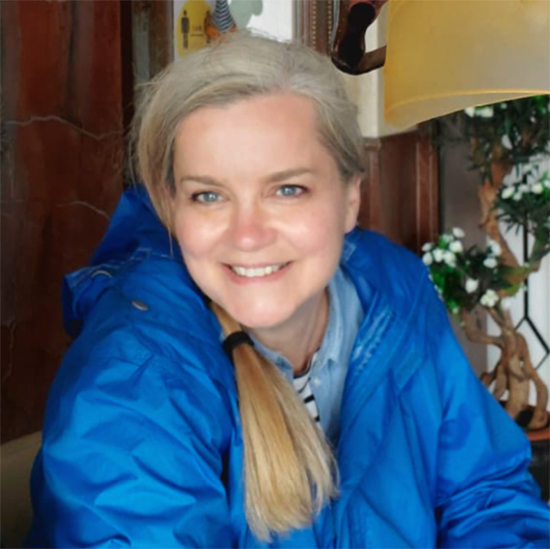A word you hear quite often in the Netherlands is ‘samenleving’. Especially in the time of corona, this word comes up often. The English translation of this is ‘society’ or ‘community’, but the direct translation is ‘together living’ which is much more appropriate for what this word means here in the Netherlands.
All countries have societies and all (presumably) refer to it in their vernacular. But in English-speaking countries ‘society’ is more of an abstract term to describe the large group of people, and the norms, values and ideas that are shared by the majority. It’s a term you hear a lot in phrases like ‘what society finds acceptable’ or ‘what society thinks’ – as if a society is the paradigm by which people live. And, yes, when we natives of English-speaking countries talk about society, we do also mean people living together. But this is more a part of the definition than the actual function of the word.
In the Netherlands, however, the word ‘samenleving’ means much more than just the ominous ‘society. It literally means its direct translation: ‘living together’, or more precisely: ‘the state of people living their lives in a common environment’. A long definition, I know. But in recent months, especially during the time of corona, I’ve been trying to understand more what ‘samenleving’ really means and why you hear it so much in the Netherlands. It’s more than just the notion or social studies term of a group of people living together. In the Netherlands it’s about living your life and the impact that your actions have on the environment and people around you.
My frame of reference is the US, where I lived for most of my life. In the US, society tends to be something we are subjected to or something we react to. Think of a person living a non-traditional life and how they might consider if they will be accepted by society or what society might think. In the US we don’t really think of society as something that we are a part of, something that we contribute to, or something that we must consider in the things we do or directions we take in life. This might be because the US is so large, but I think it’s more than that.
In the Netherlands, whether it’s the size of the country and its population, or the country’s geography, where a large portion of the land is vulnerable, or the population density or other factors – society here means the actual functioning of the country and its population, as we all live together. Society isn’t something we relate ourselves to; society here is the state of existing that we all live in and contribute to. It’s more a physical entity, whereas in the US it’s more abstract.
In the US, where you might hear ‘who cares what society thinks. I’m going to live my life how I want,’ it’s almost a declaration against a rigid and perhaps somewhat oppressive status quo. This, I think, is part of what makes America ‘America’. This notion that no matter what others might say or think, you are your own person and you should live your life as you want. But here in the Netherlands, you would probably never hear rhetoric like that. True, in the Netherlands living your life according to what makes you happy is a hallmark of the country. But living your life as you want and the general acceptance of the people around you (immediately and nationally) is a hallmark of the Netherlands rather than a declaration against norms or values that might be considered outdated.
In the Netherlands, they talk of society in terms of what effect decisions, rules, directives and how we conduct our daily lives will have on the samenleving – or what effect it will have on the fact that we all live together. We all go to the same stores, restaurants, gas stations, places of interest, parks, beaches … therefore, what effects on the ‘samenleving’ do your actions have? This is something I believe is considered by the average Dutch as they understand the word ‘society’.
Now, of course, we see everything through the lens of the coronavirus. You now hear ‘anderhalvemetersamenleving’ which translates to ‘1.5-meter society’, or as the Dutch understand ‘samenleving’: the fact that we are all living together at 1.5 meter distance. I believe the Dutch understanding of ‘samenleving’ allows each of us to realize that we are subject to, but contributors to the group of people we live together with as Dutch society.
Written by Marla Thomson
